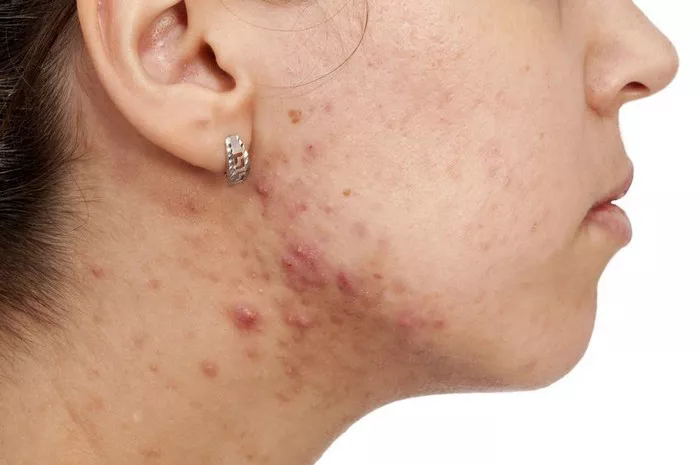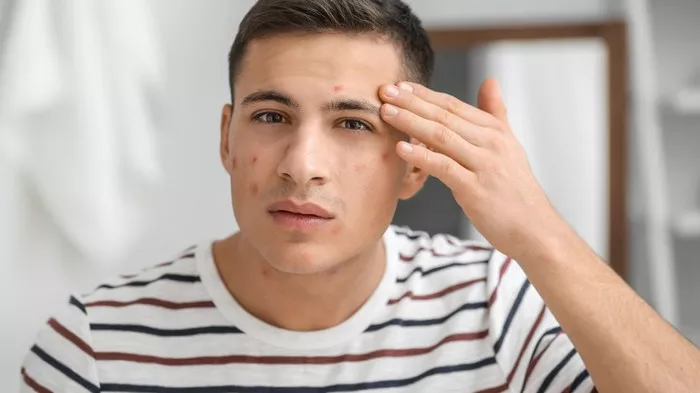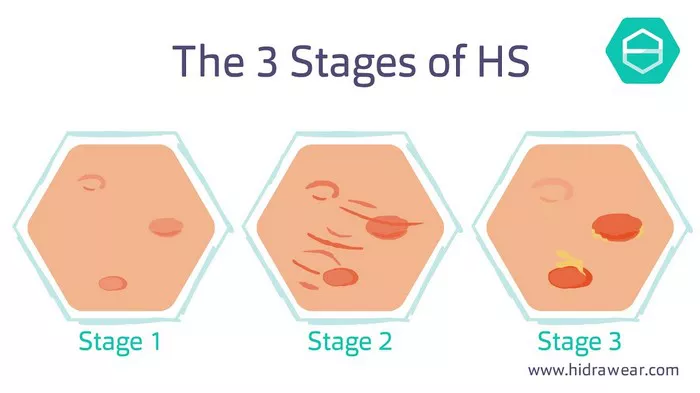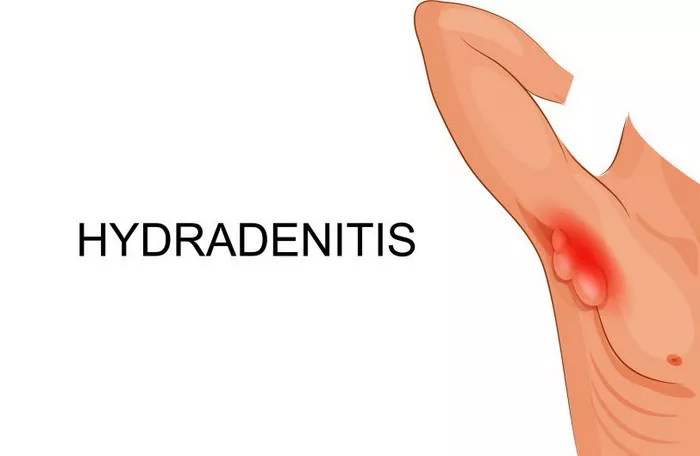Hidradenitis Suppurativa (HS) is a chronic skin condition that can significantly impact a person’s quality of life. Understanding whether HS can ever fully go away is crucial for those affected. This article explores the nature of HS, treatment options, and what patients can expect in their journey with the condition.
What is Hidradenitis Suppurativa?
Hidradenitis Suppurativa is a long-term skin disorder characterized by painful lumps and abscesses. These typically occur in areas where skin rubs together, such as:
- Armpits
- Groin
- Buttocks
- Under breasts
HS occurs when hair follicles become blocked, leading to inflammation. The blocked follicles can become infected, resulting in painful sores and, sometimes, scarring.
Symptoms of Hidradenitis Suppurativa
The symptoms of HS can vary in severity. Common symptoms include:
- Painful lumps under the skin
- Abscesses that can drain pus or fluid
- Itching in affected areas
- Scarring or changes in skin texture
- Foul odor from draining lesions
These symptoms can cause discomfort and emotional distress, impacting daily activities and self-esteem.
Causes of Hidradenitis Suppurativa
While the exact cause of HS is not fully understood, several factors may contribute to its development:
Genetics: A family history of HS can increase the risk.
Hormones: Hormonal changes, particularly during puberty, can trigger HS.
Obesity: Excess weight can increase friction in skin folds, worsening symptoms.
Smoking: Tobacco use has been linked to HS flare-ups.
Immune System Dysfunction: Some researchers believe that HS may involve an overactive immune response.
Can Hidradenitis Suppurativa Go Away?
The answer to whether HS can go away is complex. Currently, HS is considered a chronic condition, meaning it can persist for years or even a lifetime. However, there are instances where symptoms may improve significantly or even resolve temporarily.
Remission vs. Cure
It’s important to differentiate between remission and cure:
Remission: This is a period when symptoms decrease or disappear. Many patients experience cycles of flare-ups followed by periods of relief.
Cure: A cure would mean that HS is completely gone and will not return. As of now, there is no known cure for HS.
Factors Influencing HS Progression
Several factors can influence the course of HS:
Early Diagnosis and Treatment: Starting treatment early can help manage symptoms and reduce flare-ups.
Lifestyle Changes: Weight management, smoking cessation, and maintaining good hygiene can lead to improvements.
Adherence to Treatment: Following prescribed treatment plans is crucial in managing symptoms.
Treatment Options for Hidradenitis Suppurativa
While there is no cure, various treatment options can help manage HS symptoms and improve quality of life. Treatments may include:
1. Lifestyle Modifications
Making changes to daily habits can significantly impact HS:
Weight Management: Losing excess weight can reduce friction and irritation in affected areas.
Hygiene: Keeping skin clean and dry can help prevent infections and reduce flare-ups.
Avoiding Triggers: Identifying and avoiding triggers, such as certain clothing or activities, can help manage symptoms.
2. Medications
Several medications are available to treat HS:
Antibiotics: These can help reduce infection and inflammation during flare-ups.
Corticosteroids: These anti-inflammatory medications can help control symptoms during severe flare-ups.
Biologics: Newer treatments, such as biologics, target specific parts of the immune system and can be effective for moderate to severe HS.
3. Surgery
In some cases, surgical intervention may be necessary:
Incision and Drainage: This procedure can relieve pain and pressure during acute flare-ups.
Excision: For chronic cases, surgical removal of affected skin may be recommended to prevent future flare-ups.
4. Pain Management
Pain can be a significant aspect of HS. Managing pain through over-the-counter pain relievers, heat therapy, and relaxation techniques can improve quality of life.
Coping with Hidradenitis Suppurativa
Living with HS can be challenging. Coping strategies may include:
Support Groups: Connecting with others who have HS can provide emotional support and shared experiences.
Counseling: Speaking with a mental health professional can help address the emotional impact of HS.
Educating Yourself: Understanding HS can empower patients to manage their condition better.
Outlook for People with Hidradenitis Suppurativa
While HS is a chronic condition, many individuals can manage their symptoms effectively with the right treatment and lifestyle modifications. The goal is to reduce the frequency and severity of flare-ups, improving overall quality of life.
Future Research
Ongoing research aims to uncover more about HS’s causes and potential treatments. As medical science advances, new therapies may emerge, offering hope for improved management and possibly a future cure.
Conclusion
In summary, Hidradenitis Suppurativa is a chronic skin condition that currently does not have a cure. However, many people experience periods of remission and significant symptom relief through a combination of lifestyle changes, medications, and surgical interventions. Understanding the nature of HS, seeking appropriate treatment, and utilizing coping strategies can help individuals lead fulfilling lives despite their condition. If you suspect you have HS or are experiencing symptoms, consult a healthcare professional for a proper diagnosis and treatment plan tailored to your needs.
Related topics:

























